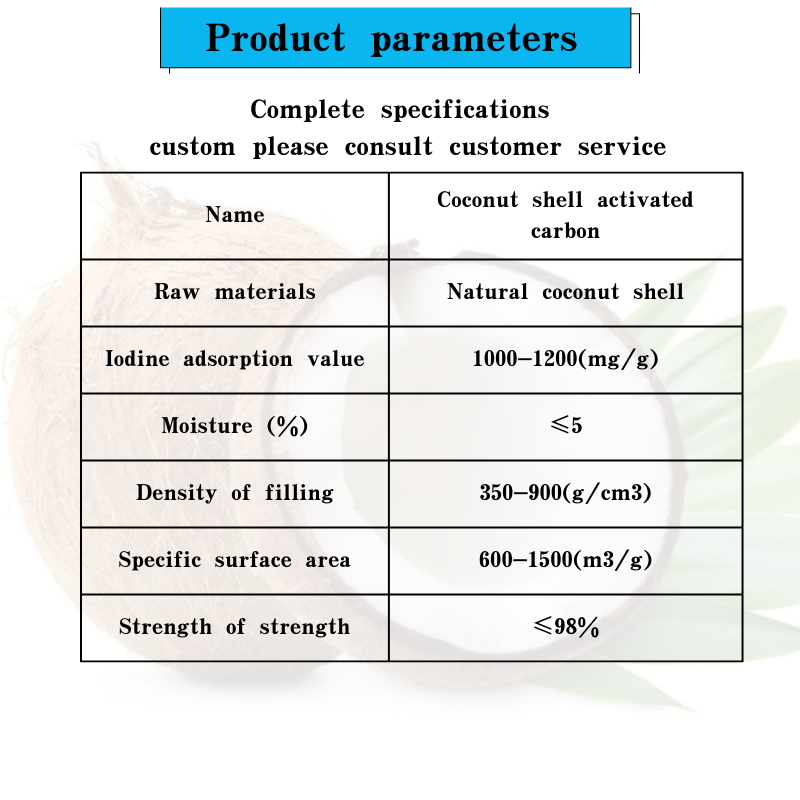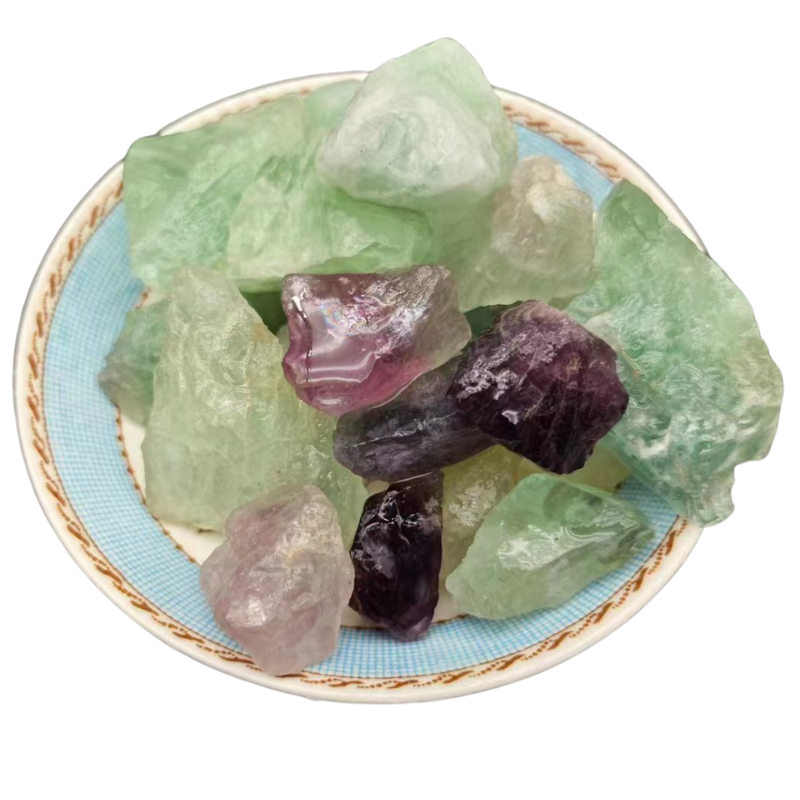
Premium Bentonite & Kaolin Clay Custom & OEM Manufacturer
- Introduction to Bentonite Clay and Kaolin Clay
- Technical Advantages and Market Data
- Manufacturer Comparison: Key Metrics
- Customization Solutions for Specific Needs
- Application Scenarios Across Industries
- Sustainability and Quality Assurance
- Strategic Benefits of Partnering with OEM Manufacturers

(bentonite clay and kaolin clay)
Understanding the Versatility of Bentonite Clay and Kaolin Clay
Bentonite clay and kaolin clay are two pivotal materials in industries ranging from cosmetics to construction. Bentonite, known for its high absorption capacity and swelling properties, is widely used in detoxification and drilling fluids. Kaolin, valued for its mildness and fine particle size, dominates skincare and paper coating applications. Together, they address diverse industrial needs, driving demand for specialized manufacturers capable of delivering tailored solutions.
Technical Superiority and Industry Insights
The global bentonite and kaolin market is projected to reach $6.8 billion by 2028, growing at a CAGR of 4.9%. Advanced processing technologies, such as micronization and surface modification, enhance functionality. For instance, activated bentonite achieves a cation exchange capacity (CEC) of 120 meq/100g, outperforming standard grades (70-90 meq/100g). Kaolin’s brightness levels exceed 90% ISO, making it ideal for premium coatings. These innovations position OEM manufacturers as critical partners for industries requiring precision-engineered clays.
Manufacturer Comparison: Performance Metrics
| Manufacturer | Customization Options | Production Capacity (MT/year) | Lead Time (Days) | Certifications |
|---|---|---|---|---|
| Factory A | Particle Size, pH, Additives | 50,000 | 14-21 | ISO 9001, REACH |
| Factory B | Surface Treatment, Purity Grades | 35,000 | 21-28 | GMP, Halal |
| Factory C | Packaging, Blending Ratios | 20,000 | 28-35 | ISO 14001, FDA |
Tailored Solutions for Diverse Industries
Custom bentonite clay and kaolin clay
factories offer modular production systems to meet niche requirements. For example, a cosmetics client may request kaolin with a particle size of <5μm and organic certification, while a construction firm might prioritize bentonite blended with polymers for enhanced viscosity. Batch customization, private labeling, and just-in-time delivery are standard services, ensuring scalability for clients across sectors.
Real-World Applications and Success Stories
In the skincare sector, a European brand reduced product irritation by 40% after switching to a custom kaolin blend. A petroleum company improved drilling fluid stability by 22% using high-yield bentonite from an OEM partner. Additionally, a ceramic manufacturer achieved a 15% reduction in production costs by optimizing clay ratios through collaborative R&D with their supplier.
Eco-Friendly Practices and Compliance
Leading manufacturers adopt sustainable mining practices, reducing water usage by 30% through closed-loop processing. Waste recycling initiatives recover 95% of byproducts for secondary applications. Rigorous QC protocols, including XRF analysis and microbial testing, ensure compliance with EU and US standards, mitigating supply chain risks.
Why Partner with a Custom Bentonite Clay and Kaolin Clay Factory?
Collaborating with an OEM manufacturer guarantees access to cutting-edge formulations, cost efficiencies, and IP protection. For instance, bulk procurement agreements can lower material costs by 12-18%, while co-development projects accelerate time-to-market by 6-9 months. By leveraging vertical integration and technical expertise, businesses secure a competitive edge in dynamic markets.

(bentonite clay and kaolin clay)
FAQS on bentonite clay and kaolin clay
Q: What are the key differences between bentonite clay and kaolin clay?
A: Bentonite clay is highly absorbent and swelling, ideal for detoxifying and oily skin. Kaolin clay is gentler, non-drying, and suited for sensitive or dry skin. Both are used in cosmetics and skincare but cater to different needs.
Q: Can I request custom formulations for bentonite clay and kaolin clay products?
A: Yes, custom bentonite clay and kaolin clay factories offer tailored solutions like adjusting particle size, purity, or adding organic ingredients. These formulations meet specific industry or application requirements. Discuss your needs directly with manufacturers for optimized results.
Q: What advantages do OEM bentonite clay and kaolin clay manufacturers provide?
A: OEM manufacturers allow private-label branding, custom packaging, and compliance with regional certifications. They ensure scalability and cost-efficiency for bulk orders. This flexibility helps businesses target niche markets effectively.
Q: How do custom bentonite clay and kaolin clay factories ensure product quality?
A: Reputable factories implement strict quality control, including lab testing for purity and contaminants. They adhere to ISO or GMP standards and use advanced processing equipment. Regular audits ensure consistency across batches.
Q: What industries typically source from bentonite clay and kaolin clay factories?
A: Key industries include cosmetics, skincare, pharmaceuticals, and construction. Bentonite clay is also used in drilling fluids, while kaolin clay serves in ceramics and paper production. Custom factories cater to both commercial and industrial applications.
Share
-
High Purity Quartz Sand for Industrial and Ground ApplicationsNewsJul.24,2025
-
High-Quality Zeolite Powder for Industrial & Agricultural UseNewsJul.23,2025
-
Premium Cultured Stone Ledgestone for Lasting Elegance OutdoorsNewsJul.22,2025
-
High Purity Ceramic Particles: Durable SolutionsNewsJul.21,2025
-
Silicon Carbide: High-Performance Abrasive & Refractory SolutionsNewsJul.21,2025
-
Export-Quality Calcined Dolomite Powder | High Purity Per Ton PriceNewsJul.20,2025






